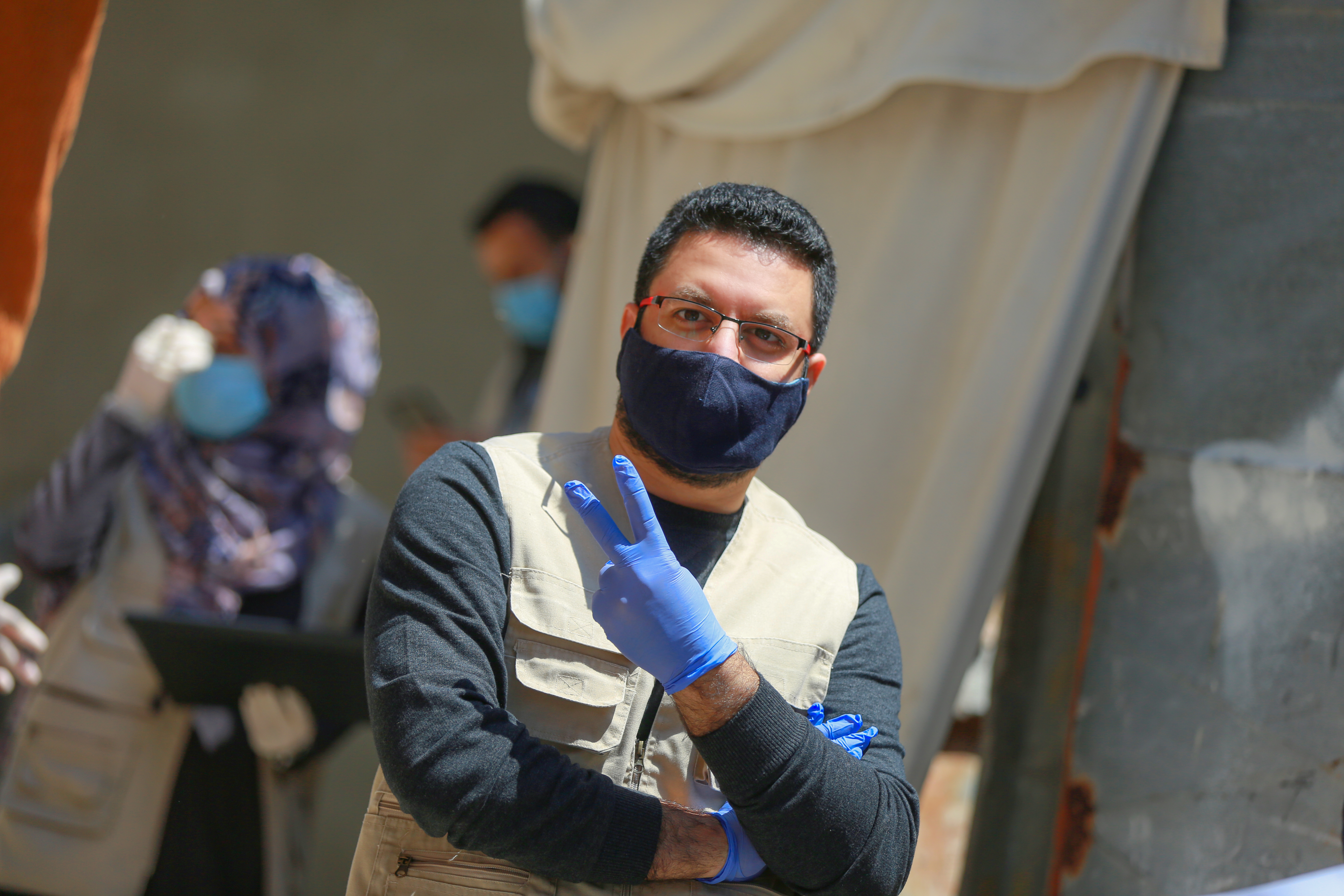
AFSC/Gaza
Q: How did you start working with AFSC?
A: In 2013, AFSC launched Palestinian Youth Together for Change (PYTC) to challenge the fragmentation of Palestinians under Israeli occupation. Israel divides Palestinians in the West Bank, Gaza, and Israel. We cannot see each other. But we as Palestinians believe we can have liberation if we can face our struggle together.
I joined PYTC when I was 26. It allowed me to communicate with Palestinian activists from the West Bank, Gaza, and Israel using social media. We organized events and campaigns in our communities even though we were not able to see each other in person.
In 2015, I began working with AFSC as a program coordinator and continue this work to bring together Palestinian youth across divides.
Q: How has social media helped young activists organize?
A: Over the past 10 years, social media has become one of our most important tools for communicating to the rest of the world. We don’t need to wait for the press. We can report on human rights violations and also show how we are recovering, how we support each other.
A lot of youth share tools for people in other places to show solidarity. We have seen freedom defenders from all over the world join Palestinian campaigns against home demolitions and other human rights violations.
Q: Why is it important for AFSC to support Palestinian youth in nonviolent resistance?
A: Most organizations that support youth civic engagement in Palestine don’t want us to address the political and social situation. When youth participate with AFSC, they feel connected to their community, that they can do something, that the future could be better.
I still work with activists I met through PYTC. After the Israeli airstrikes on Gaza in May, we helped organize a general strike across Gaza, the West Bank, and Israel. We were protesting not just against the attacks, but also against home demolitions in Jerusalem, land confiscation in the West Bank, discrimination policies in Israel. We were able to do that because AFSC brought us together in 2013.